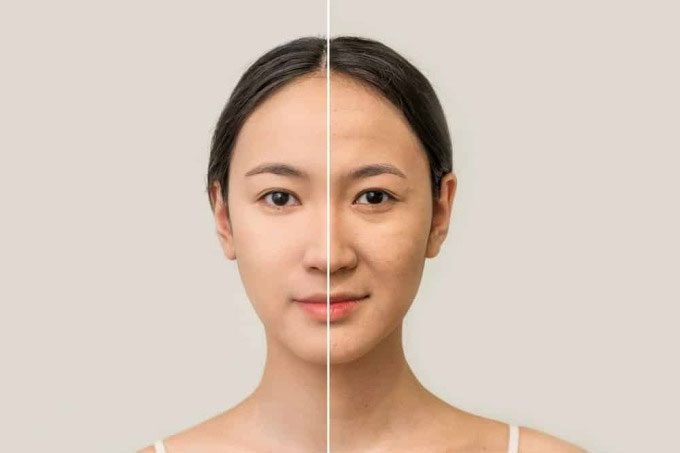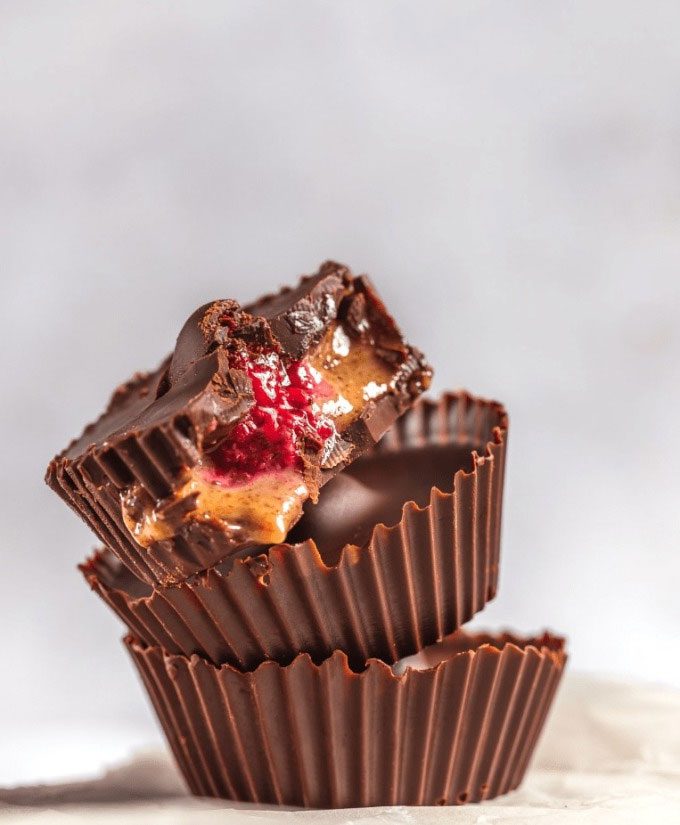Consuming excessive amounts of fruit candies, pastries, or ice cream increases blood sugar levels, leading to a decrease in collagen and causing the skin to age prematurely.
Although aging is a normal physiological process that everyone must experience, the rate of aging varies from person to person. Those who age more slowly often appear younger than their peers. Among the factors influencing the aging process, dietary habits play a significant role.

Excessive sugar intake leads to early skin aging, manifested through conditions like dark spots, age spots, and wrinkles…
Research indicates that individuals who frequently consume sugary foods and drinks age at a quicker rate than those who limit their sugar intake. Prolonged high blood sugar levels can increase vascular damage and produce a significant amount of free radicals. When free radicals emerge, they affect the lipid layer of cell membranes, accelerating the skin aging process due to oxidative damage.
Additionally, excessive sugar intake triggers a process called glycation, where sugars bind to proteins in the skin, altering their structure. Two crucial proteins that help maintain the skin’s elasticity and youthfulness are collagen and elastin. Glycation reduces the levels of these proteins, leading to decreased elasticity, increased stiffness, and the formation of wrinkles.

Pastries are a favorite for many, but they contain high sugar levels, which are harmful to health and skin.
The World Health Organization recommends that the daily sugar intake for adults should be controlled at 5% of total energy intake, approximately 25 grams. Below are sweet foods high in sugar that should be limited to slow down the aging process.
1. Fruit Candies
Fruit candies are primarily made from dried fruits and often soaked in sugar. Therefore, the sugar content in fruit candies is relatively high, with some varieties containing up to 70% sugar.
2. Ice Cream
Ice cream is a popular treat that can improve mood when consumed in moderation, but it contains a high sugar content, around 12-18%. Regular consumption of ice cream can disrupt normal body functions, including those of the spleen and stomach, and lead to elevated blood sugar levels.
3. Pastries
Pastries have a very high sugar content. A typical serving of chocolate cake provides 235 calories but contains 25-30 grams of sugar, which is equivalent to the recommended daily sugar intake.


















































